A $340 million lottery winner is suing Powerball after they mistakenly posted his winning numbers online, causing him significant distress.
A man from Washington, D.C., is suing Powerball for $340 million.
He claims he believed he won the lottery because of numbers mistakenly posted on the D.C. Lottery’s website.
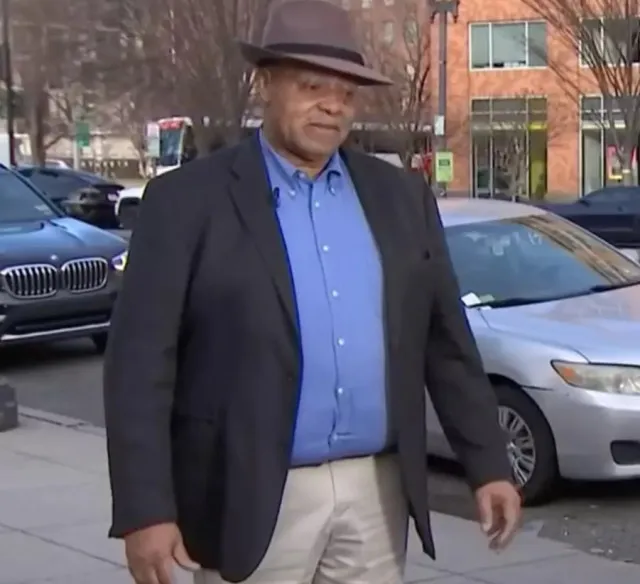
The man files a lawsuit against Powerball after they mistakenly posted his winning numbers
John Cheeks, 60, thought he had hit the jackpot when he saw his numbers displayed on January 7, 2023.
After seeing the numbers online, Cheeks excitedly went to claim his winnings, only to be informed that it was all a mistake.
According to his lawsuit, filed in the Superior Court of Washington, D.C., Cheeks claims that the posted numbers matched his Powerball ticket.
He argues that he is entitled to the entire jackpot based on this error.
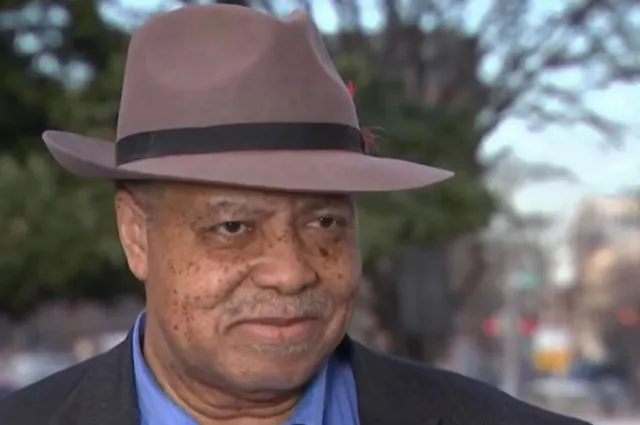
“Because the winning numbers on the D.C. Lottery website matched the numbers on the Plaintiff’s Powerball lottery ticket,
the Plaintiff is entitled to the entire jackpot that was then available,” Cheeks’ lawyers stated
In his complaint, Cheeks is suing for breach of contract, gross negligence, and infliction of emotional distress.
His lawyers contend that the situation raises important questions about the reliability and accountability of lottery operations.
“This is not merely about numbers on a website; it’s about the integrity of institutions that promise life-changing opportunities,” said Rick Evans, one of Cheeks’ attorneys.
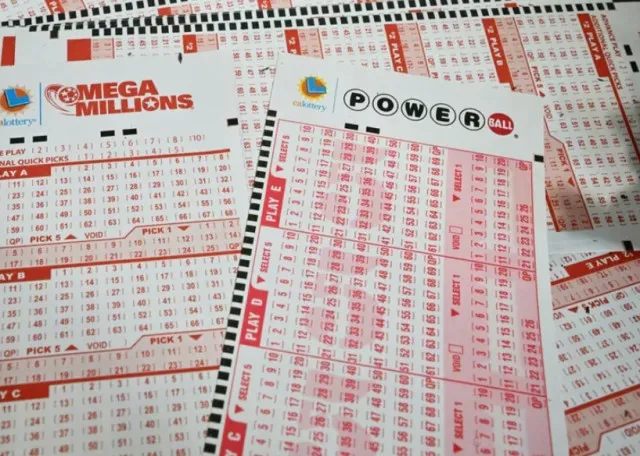
Powerball officials explained why they denied Cheeks’ $340 lottery winnings
The defendants in the lawsuit include Powerball, the Multi-State Lottery Association, and Taoti Enterprises, the digital agency responsible for the D.C. Lottery website.
Taoti Enterprises filed a motion to dismiss the case, stating that the numbers were posted for a quality assurance test.
They claimed these numbers were never intended to be the actual winning ones.
They labeled Cheeks’ claim as an attempt to profit from what they described as an “obvious error.”
Taoti also noted that the numbers were released a day before the official drawing.
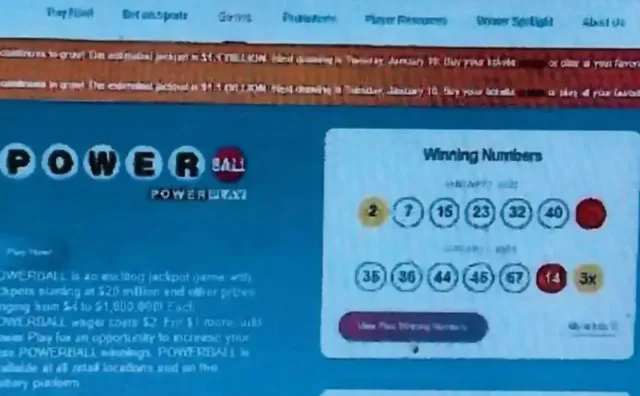
They did not match the actual winning numbers revealed during the televised event.
Additionally, the lottery website includes a disclaimer stating it is not the final authority on lottery results.
Cheeks’ case is not without precedent.
In Iowa, a similar incident happened when incorrect Powerball numbers were posted. Those who claimed to win based on the incorrect numbers were allowed to keep their prizes.
The preliminary hearing for Cheeks’ lawsuit is scheduled to take place soon.
In another case, a man gains nothing from a $14M lottery prize
A man from Wigan, England, felt a rollercoaster of emotions after he thought he had won a $14 million lottery jackpot.
He was devastated to find out that he would receive nothing.
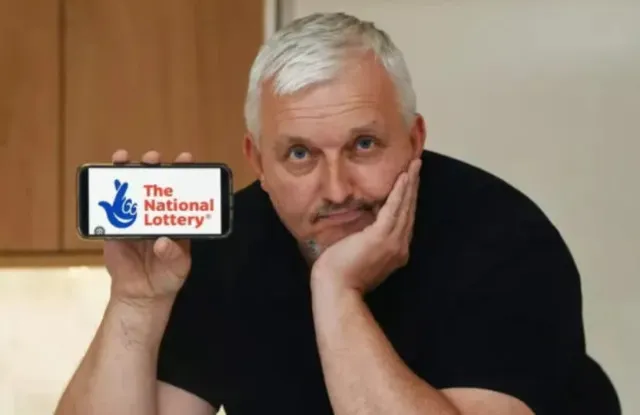
Mark Fletcher, 49, was overjoyed when he checked the lottery results and found that all six of his numbers matched.
Fletcher eagerly contacted the National Lottery operator, Allwyn, to claim what he thought was a life-changing prize.
However, his excitement quickly turned to disappointment when he was informed that he had not purchased a ticket for the draw in question.
“I was shocked when I checked the numbers and saw they matched,” Fletcher recalled.
Why does the man gain nothing from his $14M lottery prize?
After spending 45 minutes on the phone with a customer service representative, he learned that he had used the app’s “results checker” feature.
This tool allows users to enter numbers to see if they would be winning combinations, but it does not confirm whether a ticket was actually bought.
Despite the representative’s repeated reassurances that he had not played those numbers, Fletcher remained in disbelief.
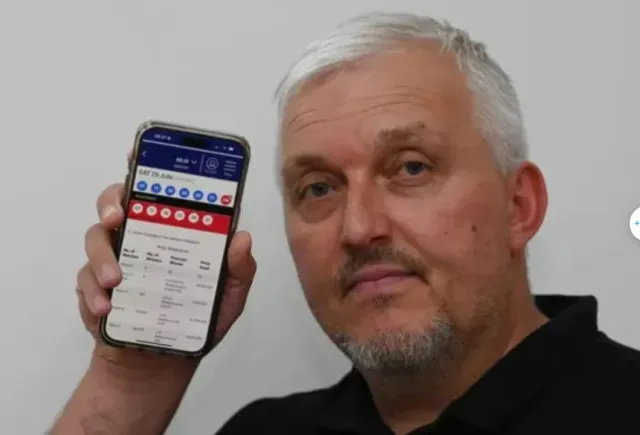
“She kept saying, ‘You haven’t bought that ticket, have you Mark?’” he said, expressing his frustration with the situation.
A spokesperson for Allwyn clarified that players can save their “lucky numbers” in the lottery app.
The app allows users to check these numbers against previous draws, regardless of whether they purchased a ticket for those specific numbers.
In this case, Fletcher did not play the set of numbers for the draw on June 29, or in any previous draws.